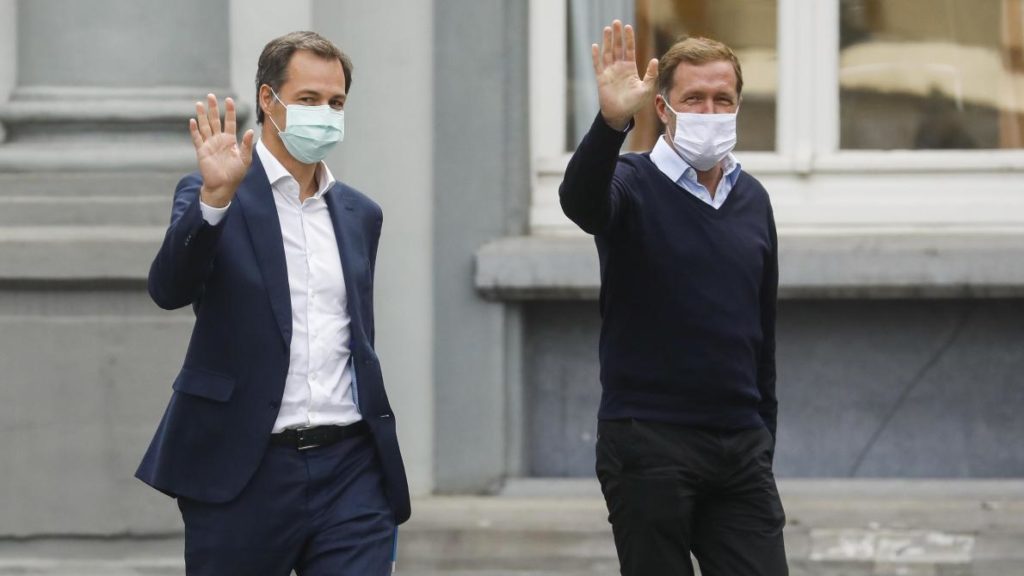The negotiators of the so-called Vivaldi coalition met on Tuesday at 9:00 AM to continue their talks for the formation of a federal government, with a conclusion expected today or in the coming days.
Last week, 486 days after a divisive election weekend in which Flanders voted overwhelmingly to the right and Wallonia voted to the left, politicians reached the formation stage, which is usually the last step before the forming of a full-fledged government.
If talks conclude today, a declaration of government will be on the agenda for Thursday afternoon.
"Everyone has to say that we have to come to an agreement in the next few hours," said francophone socialist Paul Magnette. "It is still quite possible to have a government on 1 October," he added.
Francophone liberal party president Georges-Louis Bouchez confirmed that "there is no particular blockage," but he does not seem to be holding on to the 1 October deadline, saying it's "not dramatic" if it takes a few days more.
Related News
The seven parties involved in the talks are working on a budget, not only for next year but also until the end of the legislature in 2024. Drawing up a budget involves arbitrating the demands of both the left and the right, which are sometimes difficult to reconcile.
"I have never yet known a budget that does not give rise to discussions between left and right,” said Servais Verherstraeten, leader of the Flemish Christian democrats in the House of Representatives.
"We will land in the centre,” where Christian democrats feel best, between the need to hear social needs and the importance of supporting entrepreneurs, according to Verherstraeten.
On Monday, the Liberals said they wanted a "controlled budgetary trajectory" at a time when deficits are soaring.
"A euro is only spent once," said Egbert Lachaert, president of the Dutch-speaking liberal party.
"There are serious holes in the budget, we can't let them get bigger during this legislature. We will have to make efforts to put our finances in order without too much tax for our country," Lachaert explained.
The politicians will also have to decide on who gets which ministerial posts and who becomes Prime Minister. Usually, that role goes to the formator, who gets appointed by the king.
Co-formators Paul Magnette and Alexander De Croo currently have equal chances of becoming Prime Minister.
Jason Spinks
The Brussels Times

